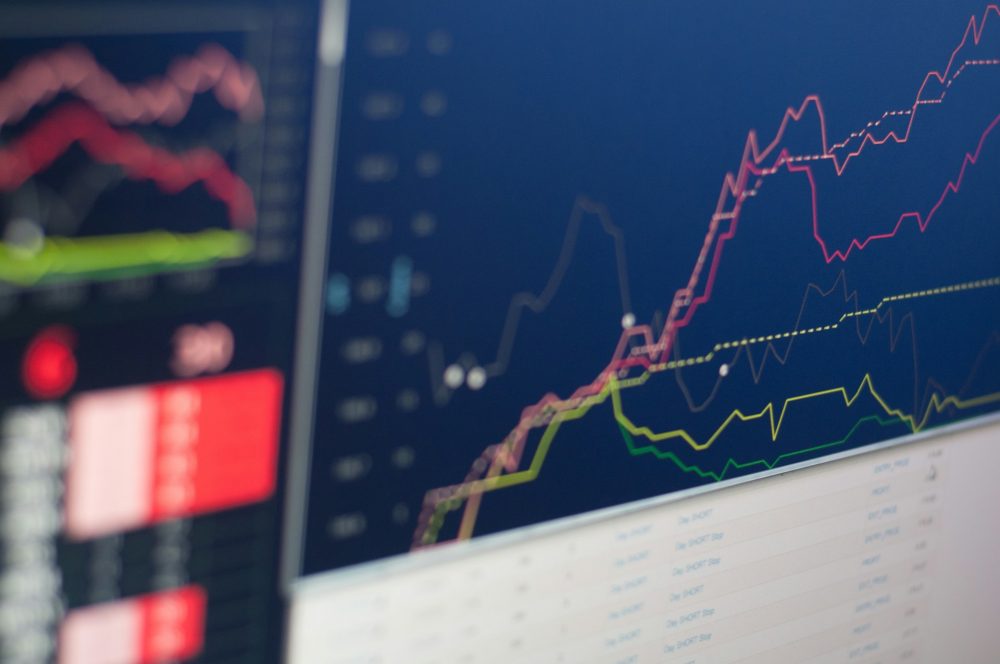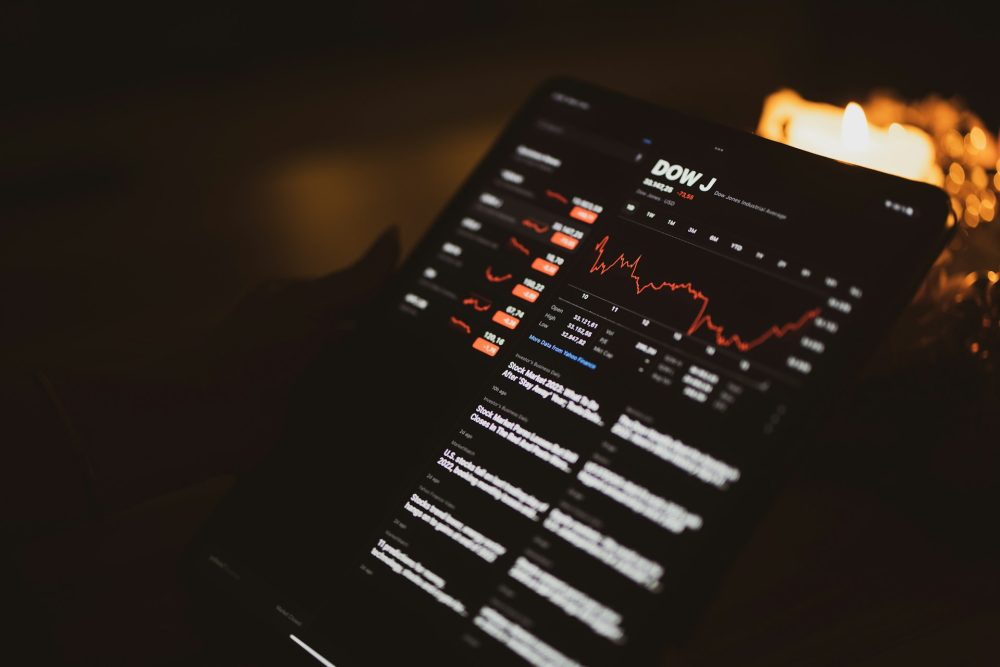Featured
Impact investing: what is behind it?
Impact investing in the financial world can be very different. Impact investments are investments with the aim of achieving a social and ecological impact in addition to a financial return, and can be classified between traditional investing and charitable donations. With impact investing you can also invest in companies that change the world in a positive way according to your own ideas.
What it is, how it performs and what it can move: Specialist Dr. Tillmann Lang becomes concrete and illuminates the central aspects of impact investing.

Traditionally, philanthropy and wealth creation have been seen as two opposing poles. But this traditional notion ignores the fact that companies are among the major catalysts for change, for better or for worse. And this is where impact investing comes in.
CO2 emissions, equal opportunities, human rights, corruption – companies have a strong influence on these issues. Often they are right in the middle of it. Unlike conventional “sustainable” investment (also called SRI, Socially Responsible Investment), impact investing not only avoids the biggest offenders. Instead, with impact investing you can also invest in companies that change the world in a positive way according to your own ideas. Thus Impact Investing can be classified between traditional investing and charitable donations. But let’s start from the beginning…
What is Impact Investing?
The definition of impact investing in the financial world can be very different. Author Judith Rodin writes in her book “The Power of Impact Investing”: “A new wave of investors is using impact investing to address some of the biggest challenges of our time – from climate change to water scarcity, from lack of access to healthcare to education and affordable housing. The goal remains to make a financial profit.”
The pioneer in impact investing, “The GIIN” (Global Impact Investing Network), defines the investment form somewhat differently: “Impact investments are investments with the aim of achieving a social and ecological impact in addition to a financial return.”

The bottom line is that it is an opportunity for investors to make the world a better place – and at the same time increase their wealth with an investment portfolio. In doing so, they can and should invest in companies that represent their own interests and values.
Beware of Greenwashing
Meanwhile, there are various ways to conduct impact investing. FinTech platforms, start-ups, but also larger banks offer investments in sustainable bonds, shares, funds or loans. But how do they decide what is “sustainable”? Indeed, this is not always easy – and greenwashing is one of the main reasons.
__
(Featured Image by Mark Finn)
First published in moneytoday, a third-party contributor translated and adapted the article from the original. In case of discrepancy, the original will prevail.
Although we made reasonable efforts to provide accurate translations, some parts may be incorrect. B2I assumes no responsibility for errors, omissions or ambiguities in the translations provided on this website. Any person or entity relying on translated content does so at their own risk. B2I is not responsible for losses caused by such reliance on the accuracy or reliability of translated information. If you wish to report an error or inaccuracy in the translation, we encourage you to contact us.

-

 Markets2 weeks ago
Markets2 weeks agoThe Big Beautiful Bill: Market Highs Mask Debt and Divergence
-

 Africa2 days ago
Africa2 days agoORA Technologies Secures $7.5M from Local Investors, Boosting Morocco’s Tech Independence
-

 Markets1 week ago
Markets1 week agoA Chaotic, But Good Stock Market Halfway Through 2025
-

 Business4 days ago
Business4 days agoThe Dow Jones Teeters Near All-Time High as Market Risks Mount

























